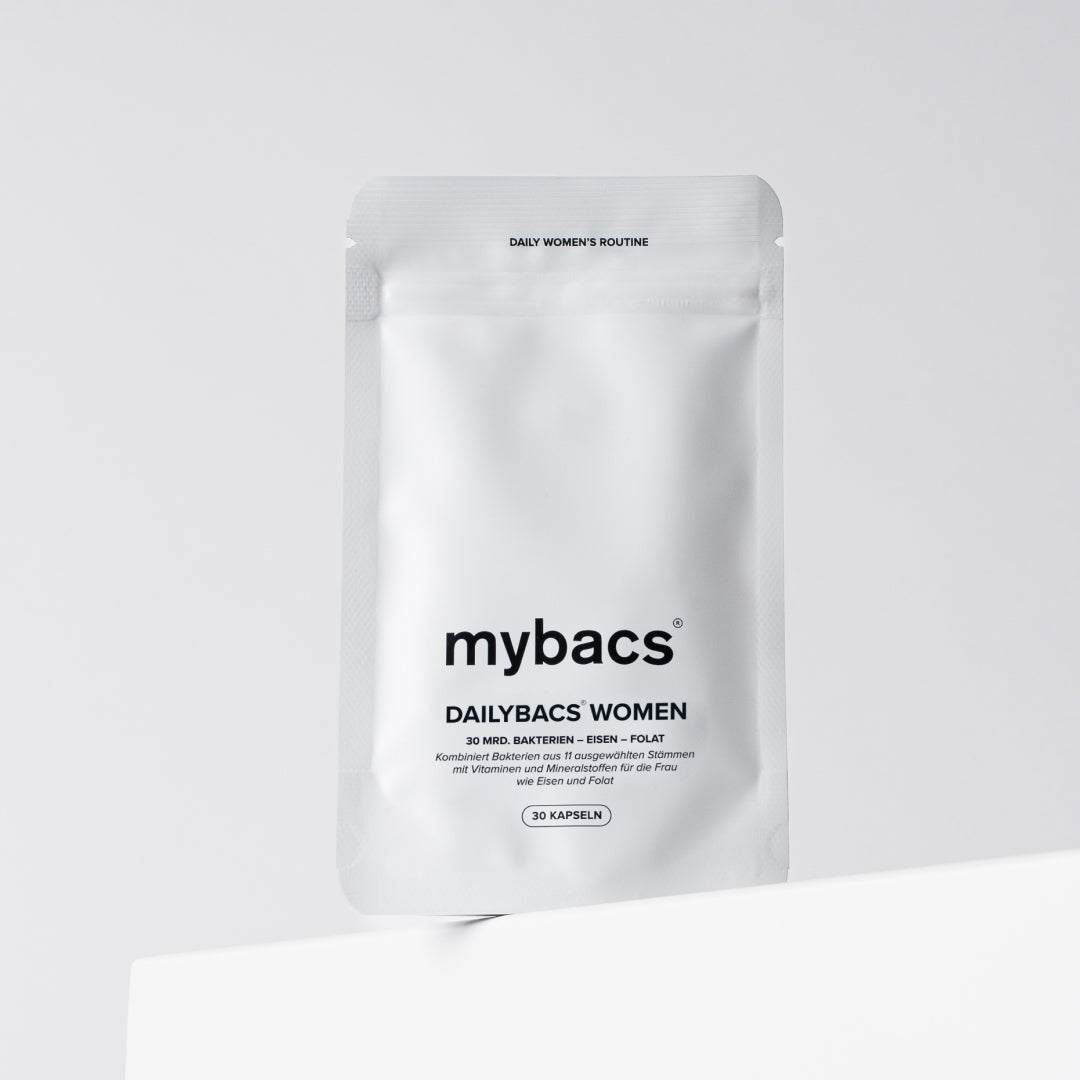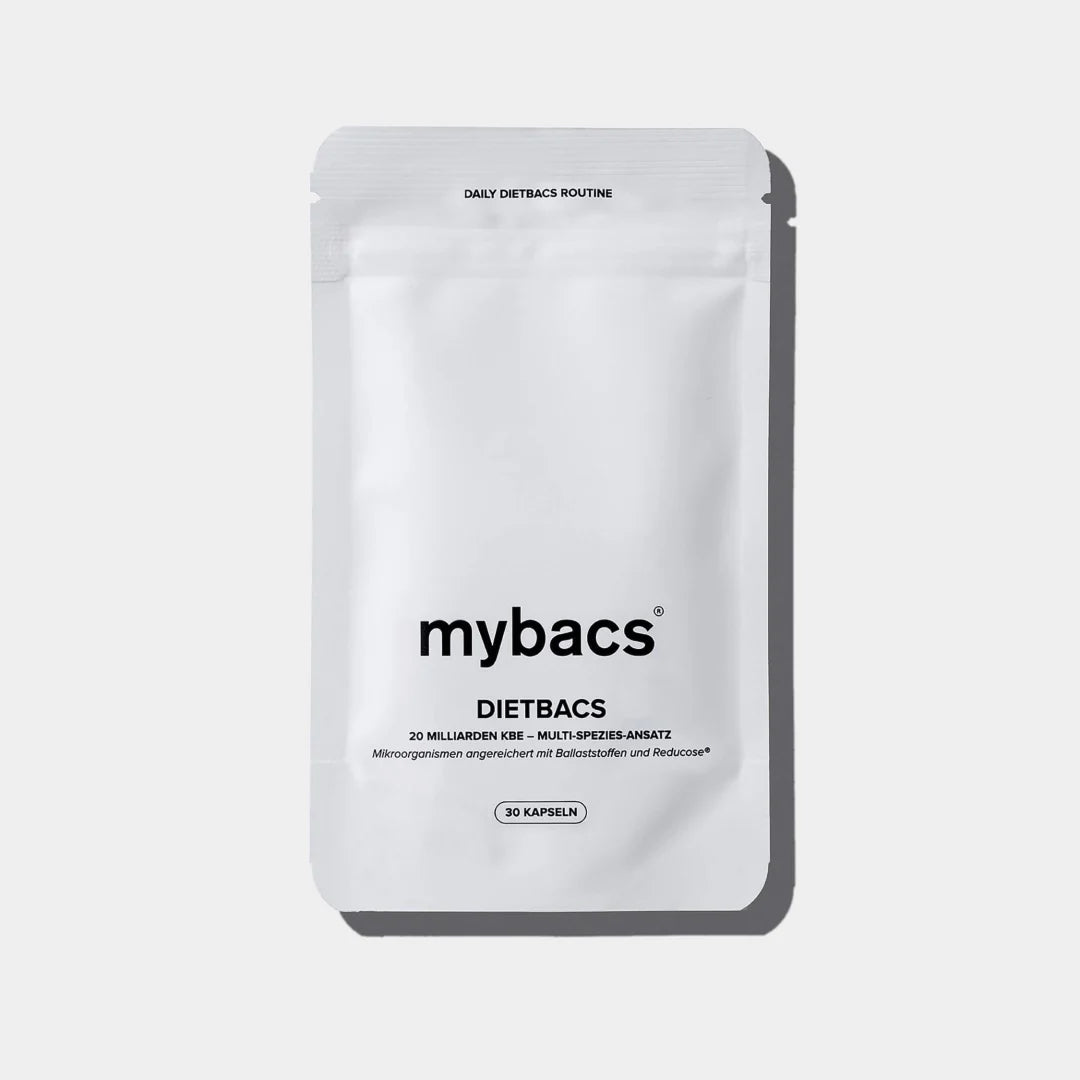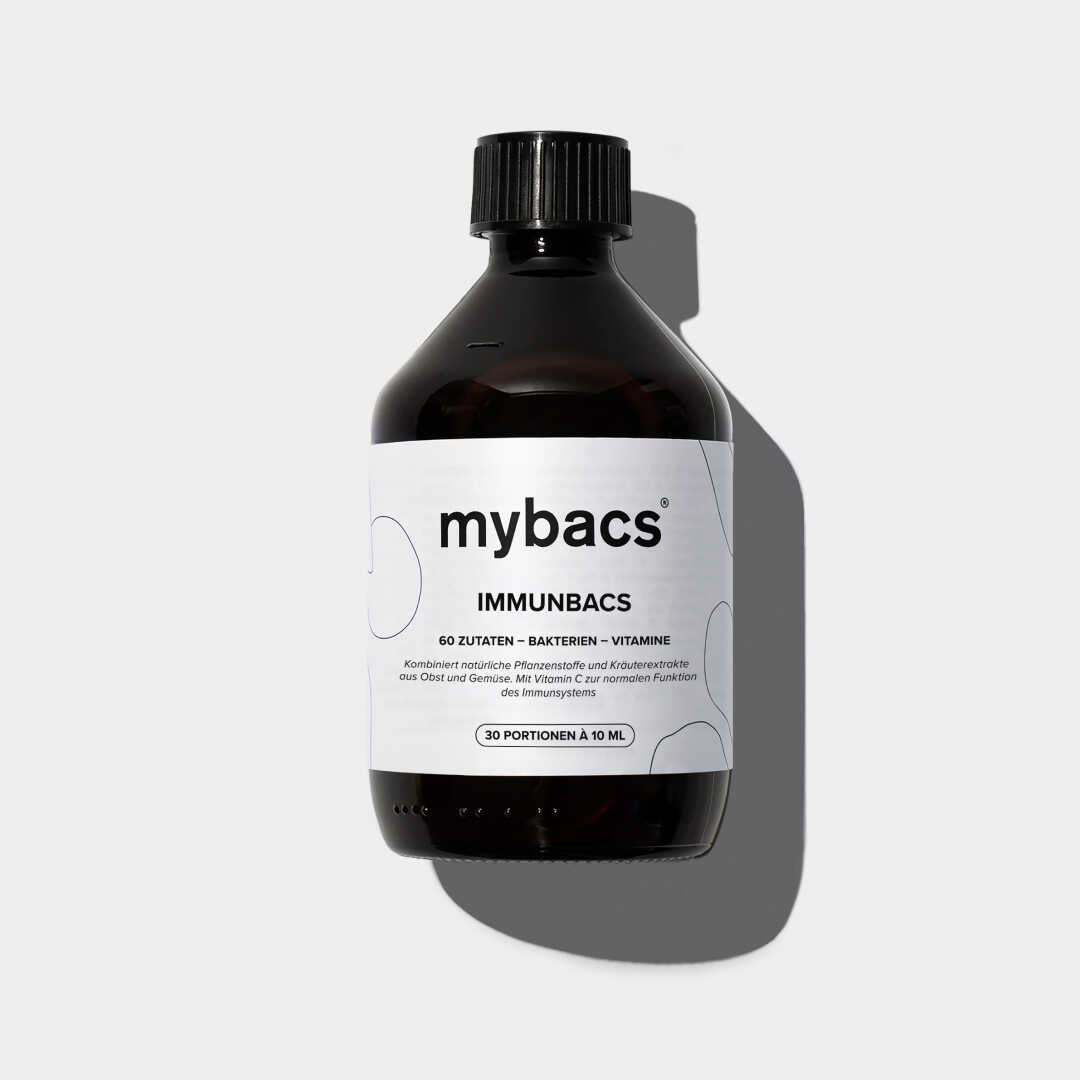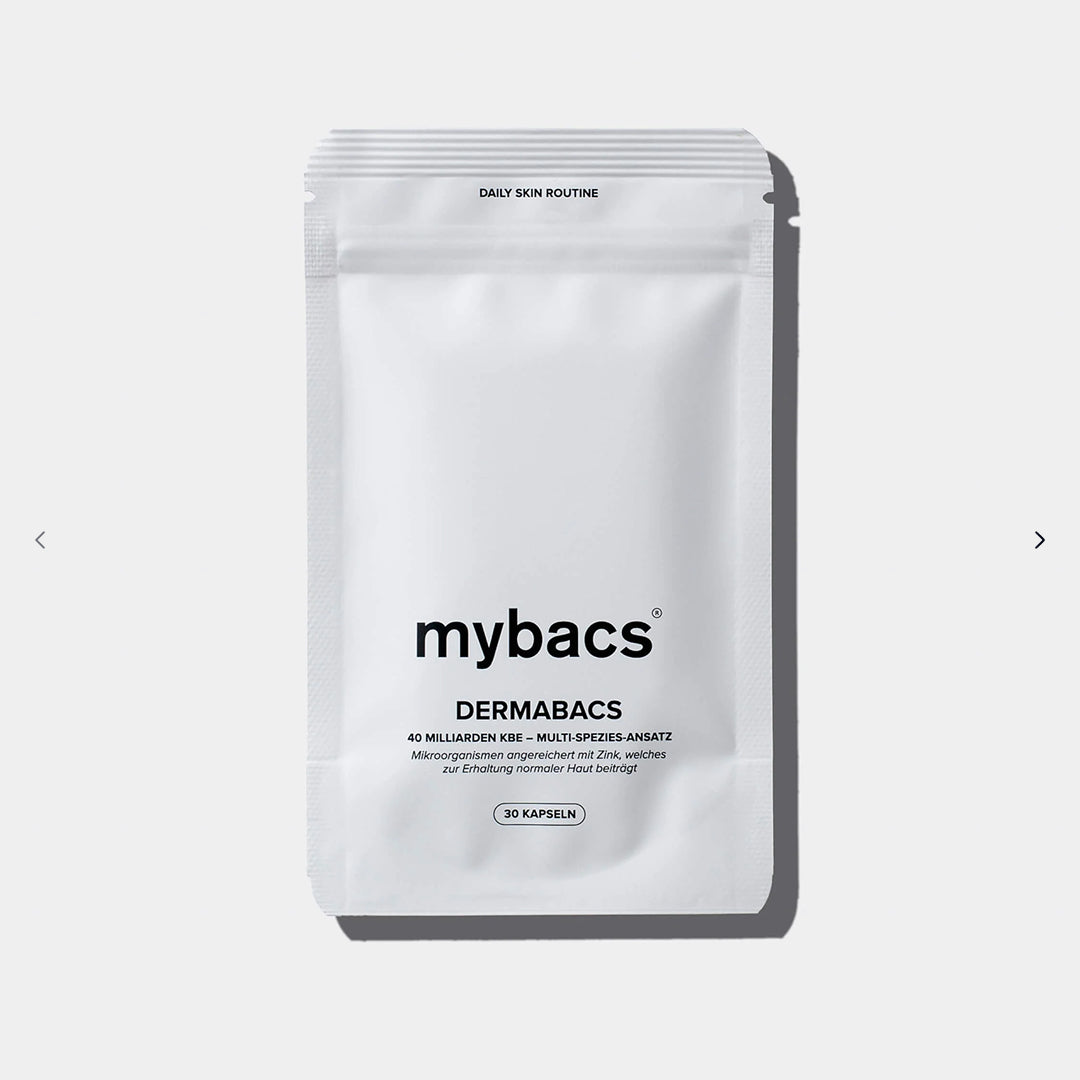What's your favorite drink that helps you combat fatigue? Coffee? A cola? Maybe mate or green tea? Whatever it is, it most likely contains caffeine. It's no secret that caffeine wakes you up. But have you ever looked into caffeine itself and found out why? We have – and we'll explain what makes this ingredient so effective, how it affects your body, and where it's naturally found.
1. What happens in your body when you consume caffeine?
When you consume caffeine, it is absorbed by the gastrointestinal tract, enters the bloodstream, and takes effect within 15-30 minutes. Caffeine can cross the blood-brain barrier (your protection against substances entering the brain) almost unhindered. It therefore reaches your brain quickly and has a major effect on the central nervous system. Therefore, caffeine affects our entire body. It increases blood pressure and makes the heart beat faster. Thus, it increases our activity and concentration.
To understand exactly how this works, we need to look at a substance and its working process in our body. Adenosine is a nucleoside consisting of adenine and ribose. It inhibits the release of neurotransmitters, i.e., stimulating messenger substances such as dopamine. It also regulates brain activity and signals a feeling of fatigue when nerve cells are under intense stress and activity.
The caffeine we consume binds to the adenosine receptors in nerve tissue because it has a similar chemical structure to adenosine. This interaction prevents adenosine from binding to the receptors, and we therefore feel less tired. This blockage triggers the release of dopamine, our happiness hormone, which facilitates the transmission of nerve impulses and thus increases our activity. Caffeine also stimulates the release of the stress hormones cortisol and adrenaline. This constricts the blood vessels in the brain and thus relieves mild headaches by dilating them. Additionally, blood pressure rises and the heart rate increases. The result of this release is increased concentration, alertness, and a boost in energy. It's good to know that caffeine stimulates bowel movements and thus your digestion.
2. Variants of caffeine
There are two different types of caffeine: bound and unbound. Unbound caffeine is synthetic and is quickly absorbed into our system, thus producing a rapid effect. This is the caffeine you find in caffeine pills and energy drinks.
The other version is bound caffeine, which is plant-based. It often works more slowly and lasts longer than unbound caffeine. You can find bound caffeine in green tea, matcha, or mate, for example.
We'd like to briefly focus on green tea extract again. It has a different effect on our bodies. Because of its powerful effects, it has been used by Buddhist monks in Asia for thousands of years. It is typically produced by plants as a defense against insects. Green tea works more slowly and less intensely, but over a longer period of time. Green tea contains a lot of caffeine and high amounts of antioxidants and catechins, such as epigallocatechin gallate (EGCG, a plant-derived bitter compound). Many of these bitter compounds are produced by plants as a defense against insects, microorganisms, and other plants.The caffeine it contains acts primarily on the central nervous system, thus improving our perception, concentration, mental performance and reducing fatigue.
3. Is caffeine healthy and how much caffeine should I consume?
The question of whether caffeine can have negative health effects depends on the dose. A cappuccino contains approximately 90 mg of caffeine. For an adult, up to 200 mg as a single dose is not a problem. Spread over the day, up to 400 mg should be safe. This dose can prove harmful for sick people, children, and pregnant women. Therefore, consumption is discouraged.
4. What happens if I consume too much caffeine?
Too much caffeine has several effects on our well-being. These side effects can be minor discomforts, but can also have extreme effects. Indications that an excessive dose has been taken include discomforts such as stomach upset, nervousness, irritability, and sweating. Over a longer period of time, extreme effects such as cardiac arrhythmia, insomnia, and incontinence in men can occur. Due to such risks, caffeine should be consumed in controlled amounts. We have Bright Awake precisely based on how much caffeine is healthy for an adult to start the day with increased activity without being affected by side effects.





